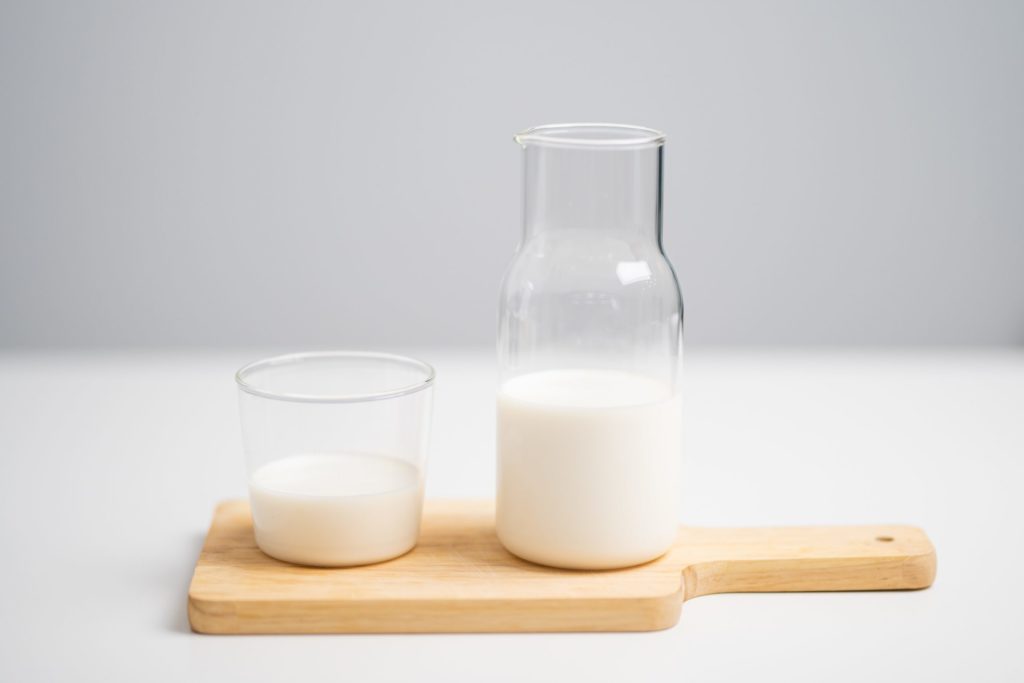3 Mins Read
Following a crackdown on the labeling of vegan cheese, Turkey has decided to ban the production and sale of dairy-free cheese entirely across the country. Now, activists are suing.
Despite Turkey’s longstanding history with a predominantly plant-based Mediterranean diet, it’s not embracing the recent surge in popularity of vegan cheese.
According to a Change.org petition, the country’s recent ban on vegan cheese follows EU restrictions on labeling nomenclature for vegan products that resemble conventional animal-based products. Specifically, Turkey’s Cheese Communique says naming nondairy products as “cheese” qualifies as both adulterations of cheese and deception.
Vegan cheese ban
The ban on labeling has been extended to an outright ban on all non-dairy cheese in Article 9/3 of the Turkish Food Codex Regulation, which states that any products giving the impression of conventional dairy-based cheese “cannot be produced using vegetable/plant-based oil or other food ingredients.”

The country’s decision sets a dangerous new precedent, advocates of the plant-based diet say.
The Vegan Association of Turkey has filed a lawsuit against the Ministry of Agriculture and Forestry in response to the ban.
“We are determined to use all solutions to the fullest against these obscure prohibitions, which are far from being convincing for producers and consumers and have been created on some unfair grounds,” the group said in a statement. The lawsuit claims the government’s ban impinges on Constitutional rights to freedom of choice as well as a violation of consumer rights.
Plant-based dairy
While dairy has long been a staple in Turkish diets, a growing number of consumers cannot tolerate dairy products. The lack of options has been called “dietary racism” by some activists. The petition says that’s one reason Turkish nationals should have access to alternative, nutritious plant-based products.
Consumers are also opting for vegan dairy because of its lower environmental footprint, and for ethical reasons. A recent survey found nearly half of Gen Z consumers were ashamed to order conventional dairy products in public because of their link to climate change.
“Trying to stop vegan cheese production and withdrawing vegan cheese products from the market by the recent implementation of this article constitutes a violation of both national and international law,” the Vegan Association petition reads.

The group says the ban undermines production and trade. “In the face of this unprecedented ban, the plant-based cheese manufacturing companies that have already invested in this field of work, created production facilities and employment opportunities, stockpiled raw materials, and exported products are now being punished,” the group writes on the Change.org petition, which has received more than 5,700 signatures. It launched the petition last month.
Label legislation
The EU moved to ban dairy terminology on vegan food in 2017. But in 2020, it rejected efforts to ban similar terminology on plant-based meat options.
But countries are setting their own regulations on labeling.
Turkey’s restriction on vegan cheese follows the recent labeling ban in France that applies to animal product names being used on vegan foods such as steak, bacon, and sausage. Belgium is poised to pass similar legislation.



